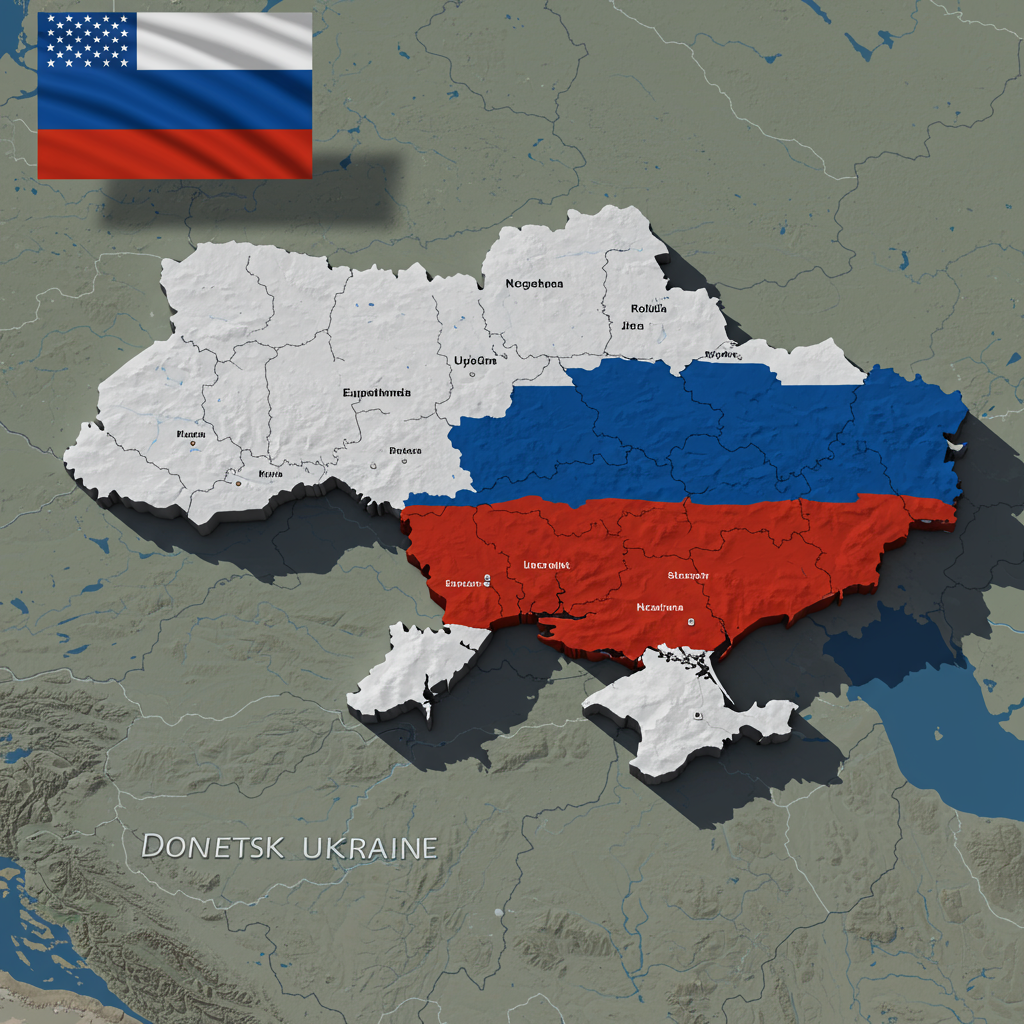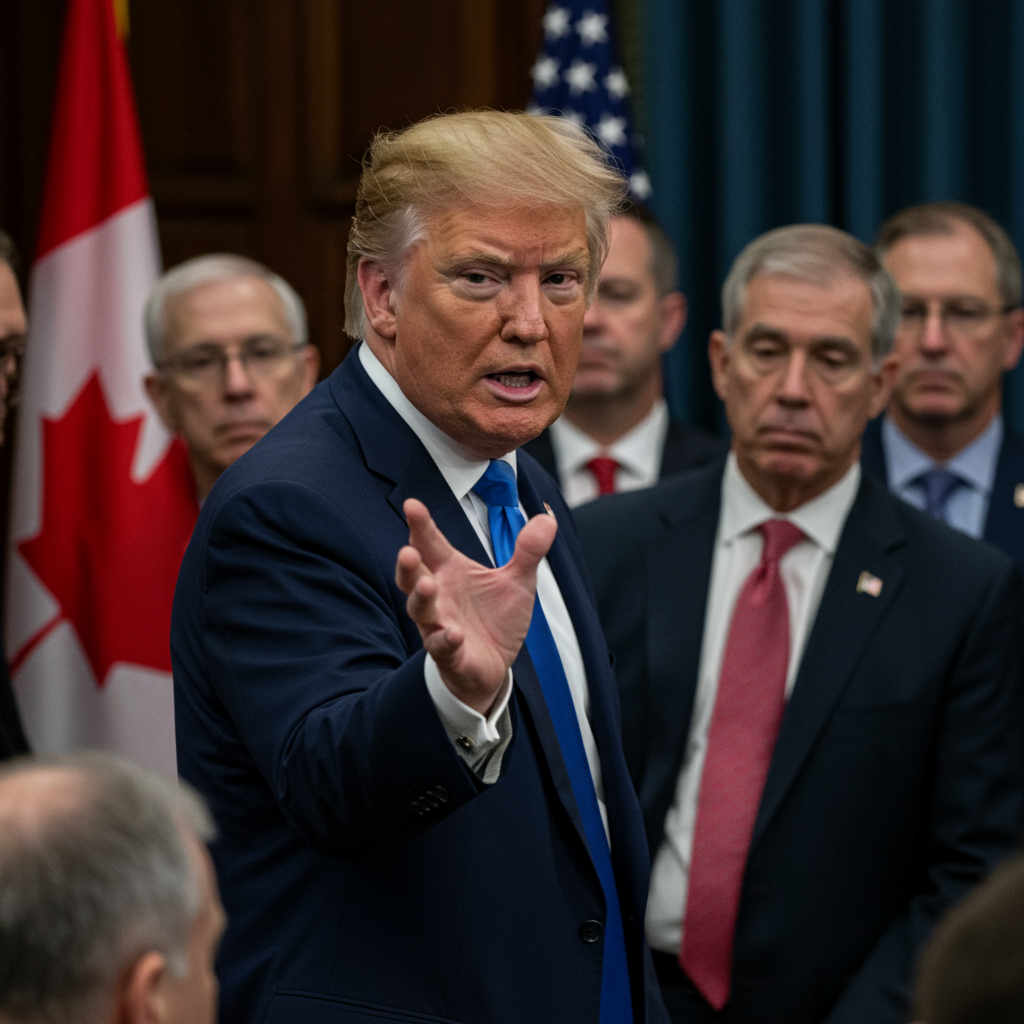G7 Summit Rift: Trump Declines Joint Stance on Israel-Iran Tensions
President Donald Trump has decided against signing a joint statement being drafted by Group of Seven (G7) allies concerning the escalating conflict between Israel and Iran. The decision, confirmed by White House officials, marks a significant point of divergence among the leaders gathered for the summit in Alberta, Canada.
The proposed G7 statement aimed to urge restraint from both Israel and Iran, who have engaged in several days of tit-for-tat attacks resulting in casualties. According to details of the draft statement, it expressed deep concern over the conflict, which intensified following Israeli strikes across Iran, including on nuclear facilities. It also explicitly affirmed Israel’s right to defend itself and reiterated the international community’s stance that Iran must not acquire a nuclear weapon.
Despite the consensus-building efforts spearheaded by European and Canadian officials at the summit, a senior White House official stated that President Trump saw no need to sign the joint text. This was framed within the administration’s view that the United States, under Trump, is already actively leading efforts to restore peace globally and prevent Iran from obtaining nuclear capabilities. The official added that the President’s attendance at the summit itself demonstrated his commitment to unity among member nations, even without endorsing this specific document.
Trump’s Public Stance and Diplomatic Undercurrents
Publicly, President Trump has been vocal about the conflict, stating that Iran had indicated, through intermediaries, a desire to de-escalate. He asserted that Iran should have sought talks earlier and insisted they “have to make a deal,” particularly stressing that Iran was “not winning this war.” He urged Iran to engage in immediate negotiations “before it’s too late.” Reports even suggested Iran had reportedly requested countries like Qatar, Saudi Arabia, and Oman to pressure President Trump to use his influence on Israel for a ceasefire.
Trump’s refusal to sign the statement underscores existing diplomatic tensions at the G7 summit, which were already present due to the U.S. administration’s imposition of tariffs on allies. While discussions on trade and other global issues continued, including President Trump formalizing adjustments to tariffs on car and aerospace goods with the UK Prime Minister and meeting with other leaders like Canada’s Prime Minister and the European Union chief, the disagreement over the Israel-Iran statement highlighted differing approaches to handling critical geopolitical crises among the G7 nations. European leaders, including those from France, Germany, and the UK, along with Canada’s Prime Minister, reportedly continued efforts to finalize a unified G7 position despite the U.S. stance.



